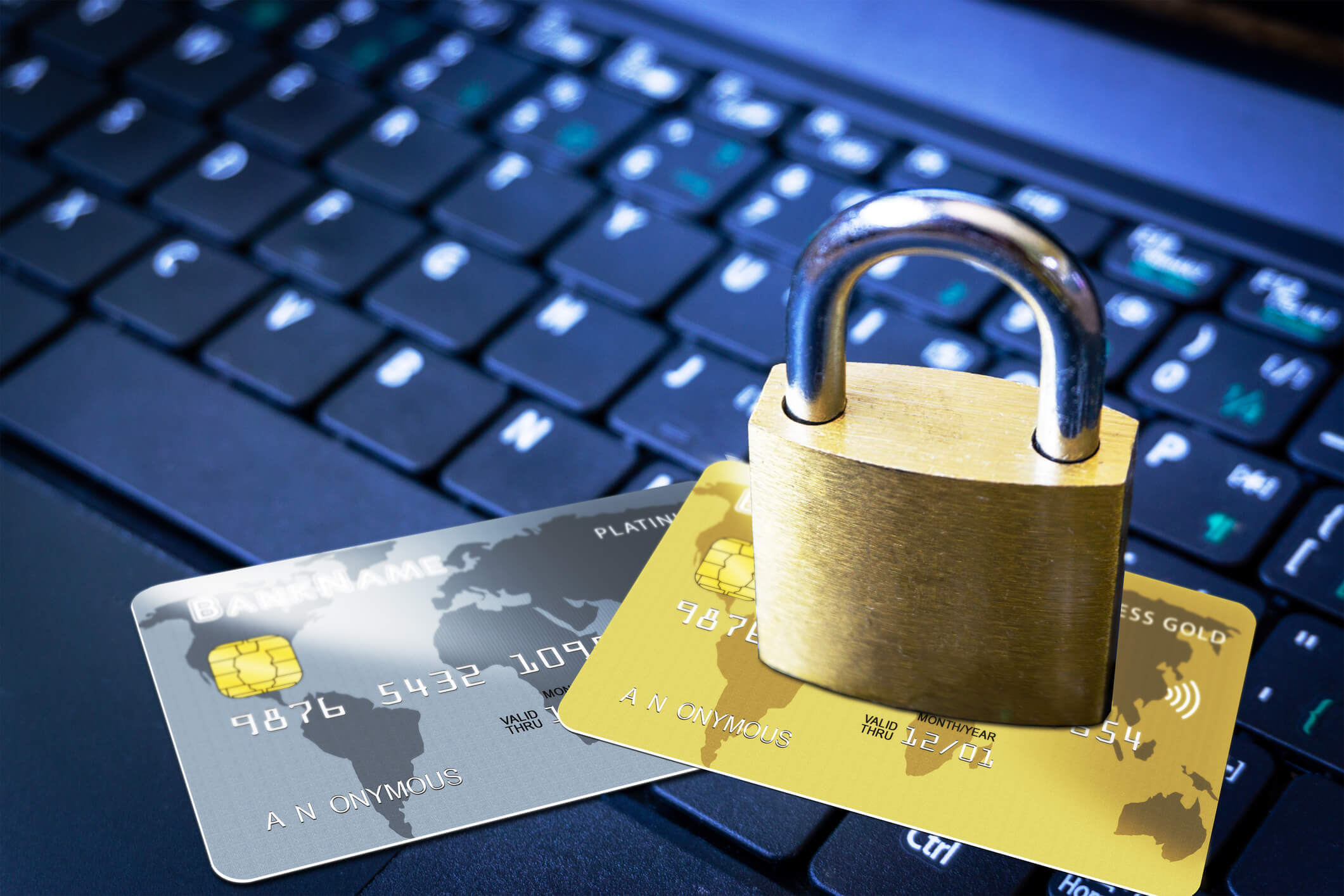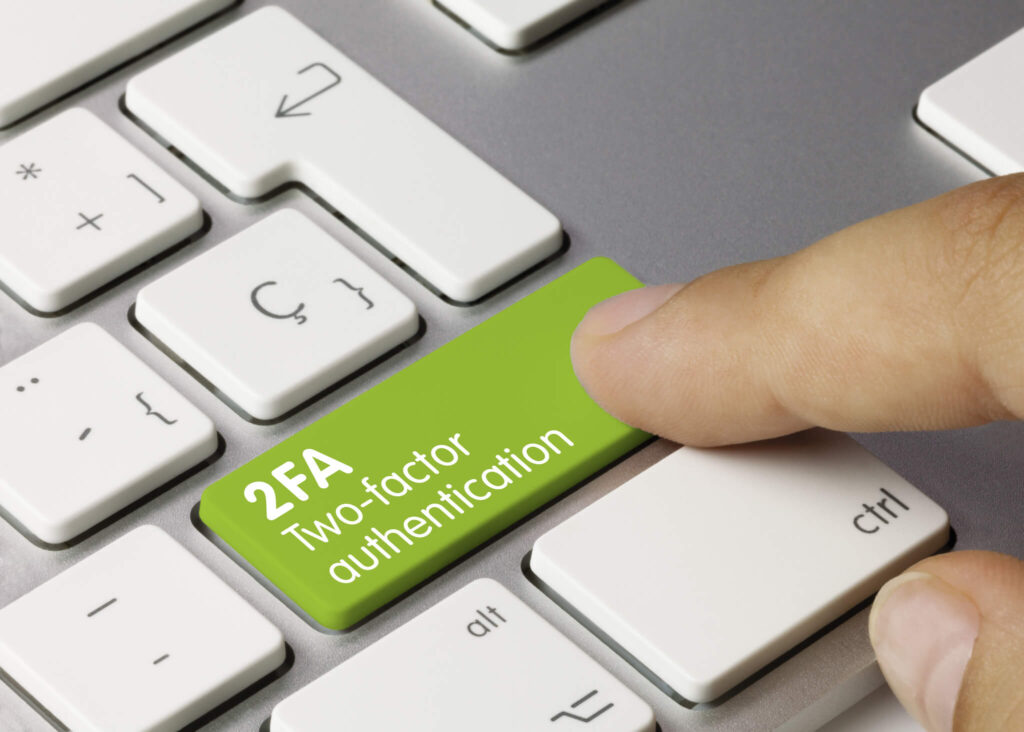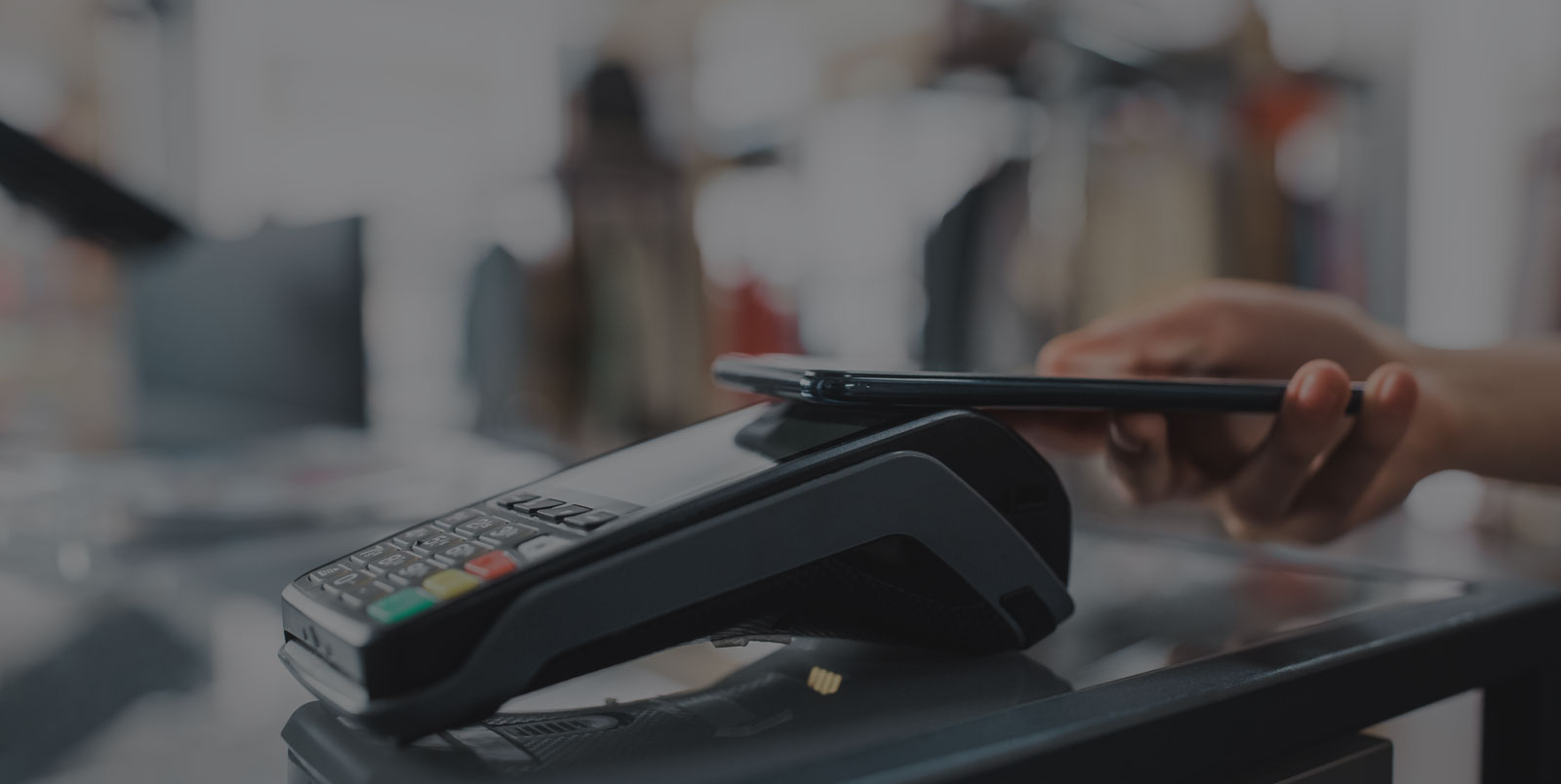
By Cindy Gardea August 20, 2024
In today’s digital age, where personal and financial information is constantly at risk of being compromised, the importance of secure transactions cannot be overstated. This is particularly true in the realm of credit repair services, where individuals entrust sensitive data to companies in the hopes of improving their credit scores and financial well-being.
In this comprehensive guide, we will delve into the significance of secure transactions in credit repair services, exploring the risks of insecure transactions, best practices for data protection, encryption and secure socket layer (SSL), two-factor authentication, compliance with industry standards, and how to choose a trustworthy credit repair service.
The Risks of Insecure Transactions: Why Security is Paramount in Credit Repair
Insecure transactions pose a significant threat to individuals seeking credit repair services. Without proper security measures in place, personal and financial information can be intercepted by hackers, leading to identity theft, financial fraud, and other devastating consequences.
According to a study conducted by Javelin Strategy & Research, there were 14.4 million victims of identity theft in the United States alone in 2018, resulting in losses of $14.7 billion. These alarming statistics highlight the urgent need for secure transactions in credit repair services.
One of the primary risks of insecure transactions is the unauthorized access to sensitive information. When individuals provide their personal details, such as social security numbers, addresses, and financial data, to credit repair companies, they expect that this information will be handled with the utmost care and protection. However, without proper security measures, this information can fall into the wrong hands, leading to devastating consequences for the individuals involved.
Another risk of insecure transactions is the potential for financial fraud. With access to personal and financial information, hackers can impersonate individuals, opening fraudulent accounts, making unauthorized purchases, and wreaking havoc on their credit profiles. This can result in significant financial losses, damage to credit scores, and a long and arduous process of rectifying the fraudulent activity.
Ensuring Data Protection: Best Practices for Secure Transactions in Credit Repair Services
To mitigate the risks associated with insecure transactions, credit repair services must implement robust data protection practices. These practices should encompass various aspects, including encryption, secure socket layer (SSL), two-factor authentication, compliance with industry standards, and more.
Encryption and Secure Socket Layer (SSL): Safeguarding Personal and Financial Information

Encryption is a fundamental aspect of secure transactions in credit repair services. It involves the conversion of sensitive data into an unreadable format, which can only be deciphered with the use of an encryption key. By encrypting personal and financial information, credit repair companies can ensure that even if the data is intercepted, it remains unintelligible to unauthorized individuals.
One of the most widely used encryption protocols is the Secure Socket Layer (SSL). SSL is a cryptographic protocol that establishes a secure connection between a web server and a browser. It ensures that data transmitted between the two parties is encrypted and cannot be intercepted or tampered with. When engaging in credit repair services, individuals should look for websites that have SSL certificates, indicated by the presence of a padlock icon in the browser’s address bar.
Two-Factor Authentication: Adding an Extra Layer of Security to Credit Repair Transactions

Two-factor authentication (2FA) is an additional security measure that can greatly enhance the security of credit repair transactions. It requires individuals to provide two forms of identification before accessing their accounts or authorizing transactions. Typically, this involves a combination of something the individual knows (such as a password) and something they possess (such as a mobile device).
By implementing 2FA, credit repair services can ensure that even if an individual’s password is compromised, unauthorized access to their account is prevented. This adds an extra layer of security and significantly reduces the risk of fraudulent activity.
Compliance with Industry Standards: The Role of Regulatory Bodies in Secure Credit Repair Services
In addition to implementing robust security measures, credit repair services must also comply with industry standards and regulations to ensure the security of transactions. Regulatory bodies, such as the Consumer Financial Protection Bureau (CFPB) in the United States, play a crucial role in overseeing and enforcing these standards.
The CFPB, for example, has established guidelines for credit repair organizations, outlining the necessary steps they must take to protect consumer information. These guidelines include requirements for data encryption, secure storage of personal information, and proper disposal of sensitive data. By adhering to these standards, credit repair services can demonstrate their commitment to data protection and provide individuals with peace of mind.
Choosing a Trustworthy Credit Repair Service: Evaluating Security Measures and Protocols
When selecting a credit repair service, it is essential to evaluate the security measures and protocols they have in place to protect transactions and sensitive information. Here are some key factors to consider:
- Encryption and SSL: Ensure that the website uses encryption and has an SSL certificate, as indicated by the padlock icon in the browser’s address bar.
- Two-Factor Authentication: Look for credit repair services that offer 2FA as an additional layer of security.
- Compliance with Industry Standards: Research the regulatory requirements for credit repair services in your country and ensure that the company you choose complies with these standards.
- Reputation and Reviews: Read reviews and testimonials from previous clients to gauge the company’s track record in protecting customer data.
- Transparency: Choose a credit repair service that is transparent about its security measures and protocols, providing clear information on how they protect customer information.
Common FAQs about Secure Transactions in Credit Repair Services
Q.1: What is the role of encryption in secure transactions?
Encryption plays a crucial role in secure transactions by converting sensitive data into an unreadable format, ensuring that even if intercepted, the information remains unintelligible to unauthorized individuals.
Q.2: How does SSL enhance the security of credit repair transactions?
SSL establishes a secure connection between a web server and a browser, encrypting data transmitted between the two parties and preventing interception or tampering.
Q.3: What is two-factor authentication, and why is it important in credit repair services?
Two-factor authentication requires individuals to provide two forms of identification before accessing their accounts or authorizing transactions. It adds an extra layer of security, reducing the risk of unauthorized access and fraudulent activity.
Q.4: What regulatory bodies oversee the security of credit repair services?
Regulatory bodies, such as the Consumer Financial Protection Bureau (CFPB) in the United States, oversee and enforce security standards for credit repair services.
Q.5: How can individuals evaluate the security measures of a credit repair service?
Individuals can evaluate the security measures of a credit repair service by considering factors such as encryption and SSL usage, two-factor authentication availability, compliance with industry standards, reputation and reviews, and transparency regarding security protocols.
Conclusion
Secure transactions are of paramount importance in credit repair services, where individuals entrust sensitive personal and financial information to companies. Insecure transactions pose significant risks, including unauthorized access to information and financial fraud.
To mitigate these risks, credit repair services must implement robust data protection practices, including encryption, SSL, two-factor authentication, compliance with industry standards, and more. By choosing a trustworthy credit repair service that prioritizes security, individuals can safeguard their information and embark on a journey towards improving their credit scores and financial well-being with peace of mind.
